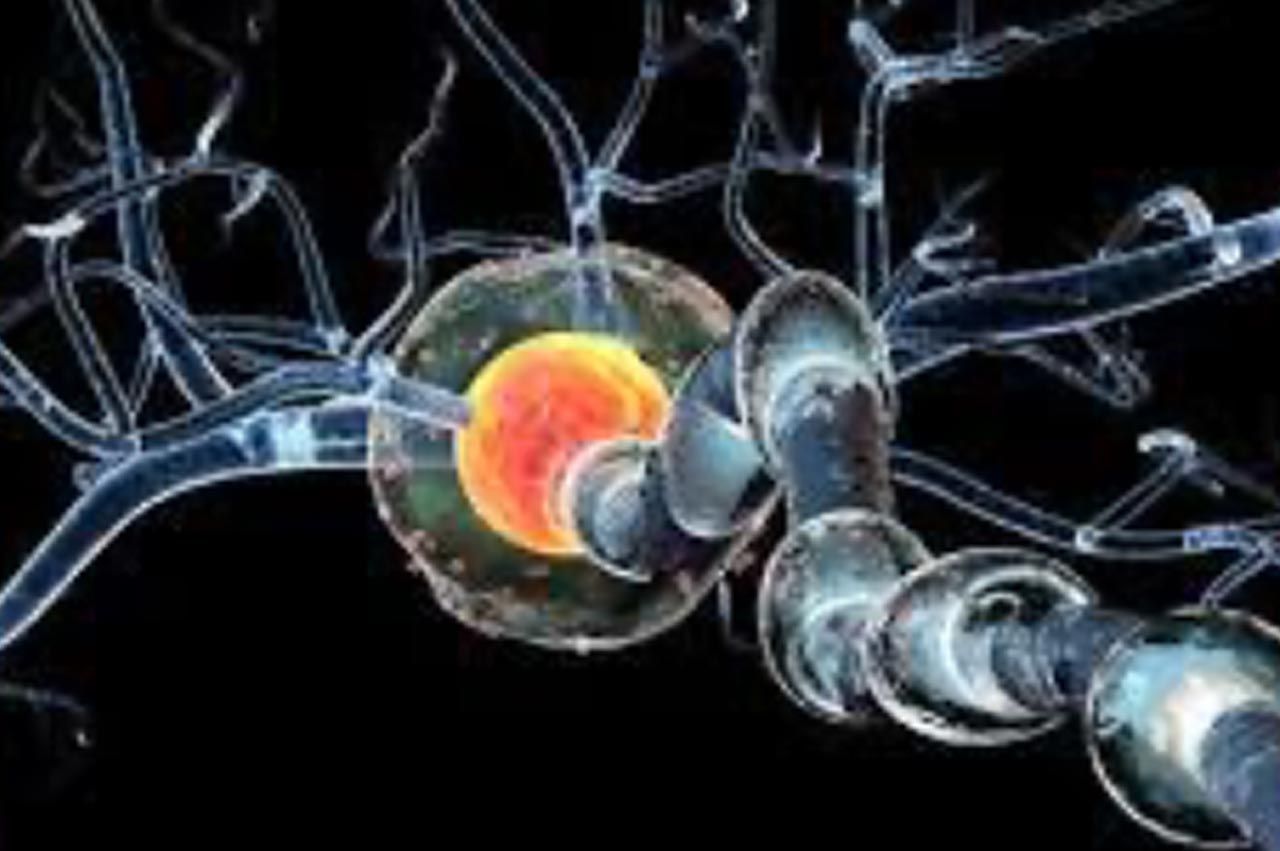
Link between ACEs and neurologic disease
This cross-sectional study from the University of Pennsylvania recruited 198 patients who were attending an outpatient neurology clinic.
Participants completed a questionnaire focused on their adverse childhood experiences (physical abuse, sexual abuse, emotional abuse, physical neglect, emotional neglect, mental illness in a parent, divorce of parents, substance abuse by parents). Participants were also screened for anxiety and depression. The data were then compared with the number of times participants had visited the Emergency Department, how many times they had been hospitalised and how often they had attended outpatients. Statistical associations were adjusted for age, gender, and race/ethnicity.
High ACE scores were defined as a score ≥ 4. Neurology patients were more likely to have elevated ACE scores compared to US population estimates. High ACE scores were associated with increased utilisation of the Emergency Department, increased number of hospitalisations and telephone consultations, and also with medical and psychiatric comorbidities and high depression and anxiety scores.
The researchers concluded that a high number of adverse childhood experiences amongst neurology outpatients was associated with high healthcare utilisation and comorbid physical and psychiatric disease.
Read more: Mendizabal, A. et al. (2021) Adverse childhood experiences in patients with neurologic disease. Neurology Clinical Practice (American Academy of Neurology). DOI.org/10.1212/CPJ.0000000000001134
- Created on .
